If you plan to clean your home, keep the products you use away from your pets, as they may impact their health significantly. Cleaning products are usually very harmful to both humans and our pets. They may cause severe burns to your pet’s skin, throat, and stomach (if swallowed). In addition, several other issues, like vomiting, diarrhea, or incoordination, may be unpleasant and distressing for your pet.
Cleaning products include several harmful ingredients that may cause your pet to suffer long-term damage or even death. Therefore, the owner must be responsible and careful while using these products when their pet is around. Unfortunately, your furry friend doesn’t know the danger and can’t read the warning labels, so they rely completely on you to keep them safe.
Unsafe (Toxic) ingredients in cleaning products
Here is a list of harmful ingredients that are not safe for pets and are usually found in cleaning products used in house cleaning:
- Ammonia: Ammonia is a common ingredient in oven cleaners, window cleaners, and so on. It can be extremely harmful to pets and humans as well if consumed. It’s a common irritant, especially to your pet’s respiratory system. Therefore, you should avoid the product if this is included on the ingredient list.
- Chlorine bleach: Bleach often contains chlorine, which is considered toxic for animals. Even if they breathe in, it can be harmful to pets.
- Formaldehyde: Cleaning products of all kinds usually include this chemical, and your pet can be released into the air if it reaches room temperature. It can result in a severe eye or skin irritant and can reduce nerve response rate if inhaled.
- Phthalates are usually contained in synthetic fragrances in cleaning sprays or air fresheners. Animal studies have shown that phthalates can cause liver, testicular and pancreatic tumors.
- Glycol Ethers: All-purpose carpet cleaners and liquid soaps often contain glycol ethers. It can harm your pet’s liver, nerves, and digestive system. Moreover, it can be linked to lung, kidney, or anemia in animals and humans.
- Benzalkonium chloride: present in antibacterial cleaners that can irritate your pet’s eyes, ears, and nose.
- Certain essential oils: There are several products, including some kinds of essential oils like tea tree, lemon, pine, and orange, that should be avoided by pet owners, even when diluted.
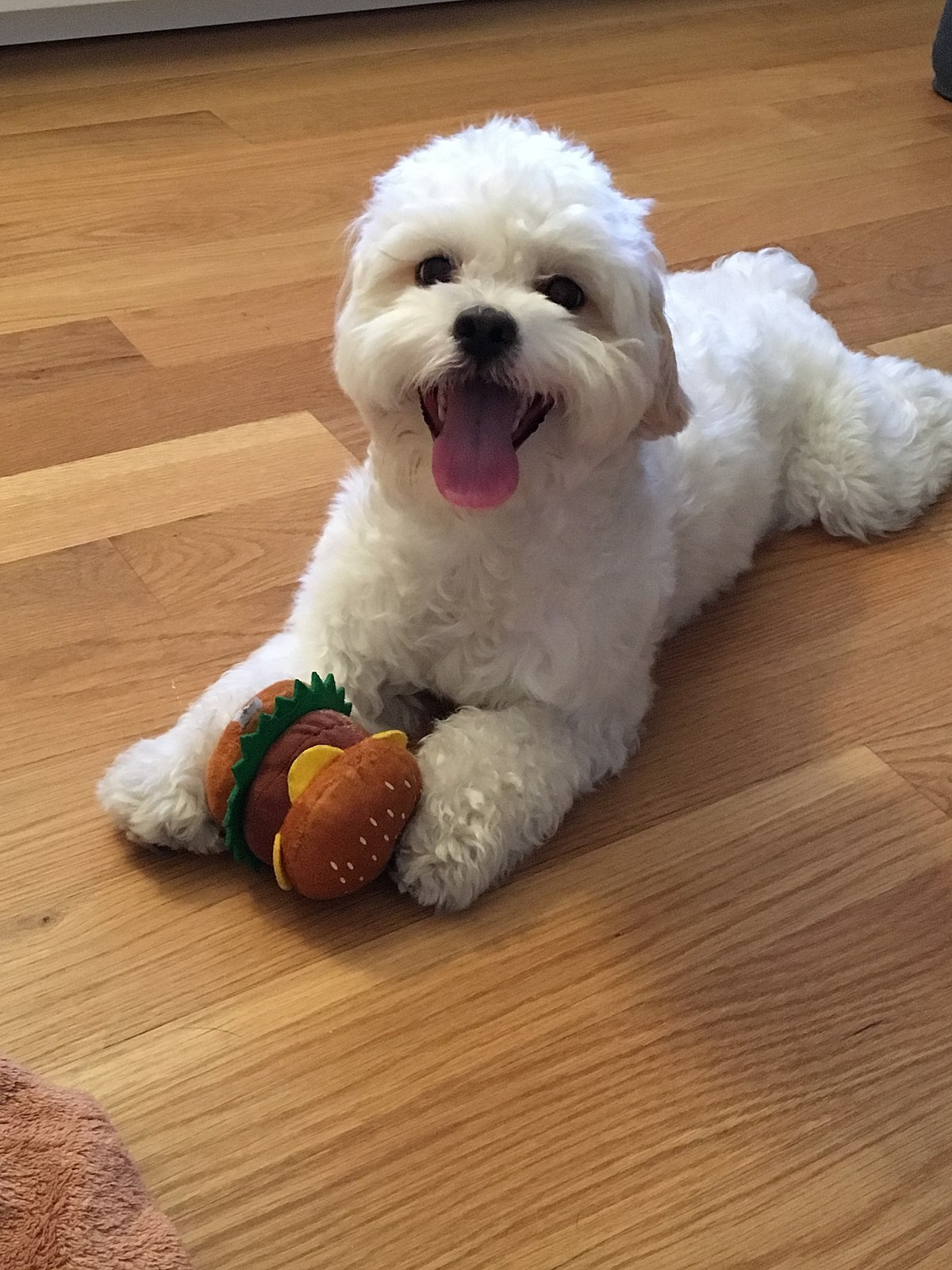
Four tips to keep your pet safe from toxic cleaners
Here are some of the topmost tips that may help you to keep your pet safe from toxic cleaning products:
1. Use pet-safe products
You can bring home pet-safe cleaning products that are safer than standard cleaning products, but still, you should check the ingredients carefully. Various products are available to buy that are safe for pets, like carpet shampoo, stain removers, and laundry detergents. There is also a natural alternative; baking soda, vinegar, and lemon juice are great cleaning products that are kinder to the environment and keep your pet safe.
2. Take precautions
Always consider precautions and start learning habits that will help to minimize the danger of toxicity from cleaning products in your pets. For example, keep the mop buckets dry, empty them after cleanings, and rinse them out so that no traces of bleach or other chemicals will be left. Also, close the lid or keep the door closed after putting the cleaning product in the toilet so your pet can’t drink it.
3. Keep them out of their reach
Your pet may have the habit of licking or tasting everything, and sometimes chewing on things can cause severe accidents. However, as a responsible pet owner, if you keep this in mind and store all the cleaning products in an unreachable spot, you can avoid such accidents. You can keep them in a cupboard with a lock or on the upper racks to ensure any harmful products are not lying around.
4. Crate train your pet
One of the easiest ways to keep your pet safe from any cleaning dilemmas is by providing crate training and putting them in them while cleaning. It will prevent them from chasing the vacuum or following paw prints over the mopped floor and keep them safe from potentially harmful chemicals. You can also keep your pet in a separate room while you clean and avoid cleaning products.
Read Also: The Ultimate Guide to Dog Safety at Home
Symptoms occur in pets after ingesting cleaning products
If you doubt that your pet might have consumed any of the toxic cleaning products, keep a close eye on any changes in their behavior and look out for the below symptoms:
- Ulcerated or irritated skin, including inside the mouth
- Vomiting
- Coughing
- Lethargy or malaise
- Difficulty in eating
- Diarrhea
- Pawing at the mouth
- Rashes or burns
- Seizures
- Extreme salivation or foaming in the mouth
Things to do if your pet has consumed cleaning products
If your pet has consumed any of the dangerous cleaning products, you must immediately do the following things:
- Stay calm and remove any poisonous substance from your pet’s mouth.
- Check the consumed substance’s ingredients label and any instructions for accidental ingestion.
- Call or take your pet to the vet immediately and tell them about the product from which the poisoning occurred.
- Make sure to carry or collect the substance to the vet so that they can check the ingredients and treat your pet easily.
Frequently asked questions
-
What happens if my dog licks a cleaning product?
If your dog licked up a cleaning product, it may cause an eye injury and can harm the skin surrounding the mouth. Cleaners’ common effects include salivation, ulceration, stomach problems, chemical burns, or difficulty breathing.
-
Can the smell of cleaning products harm dogs?
Pets usually have a hypersensitive sense of smell, and the strong smell of bleach can irritate their noses or even lead to breathing problems because of chlorine.
-
What happens if my dog drinks toilet water with a cleaner in it?
Cleaners are often unsafe for pets and can harm them. Moreover, ingesting them may upset the entire gastrointestinal tract, from the esophagus to the stomach and intestines, and can cause vomiting or diarrhea.
-
Does water help a poisoned dog?
If your dog licked or ingested poison in the form of any cleaning product, flushing its mouth with water may help in decontamination. However, you should call your vet immediately after you suspect your dog has been poisoned.
Read Also: Dogs and Babies: Safety Tips For Babies Who Live With Dogs
Conclusion
As a pet owner, you must choose your household cleaning products carefully to keep your pet safe, healthy, and happy. It is necessary to educate yourself about the products that can harm your pet and how to replace them with safe products. It will help you prevent pet poisoning, protect their health, and prolong their life for years.

 DogExpress
DogExpress

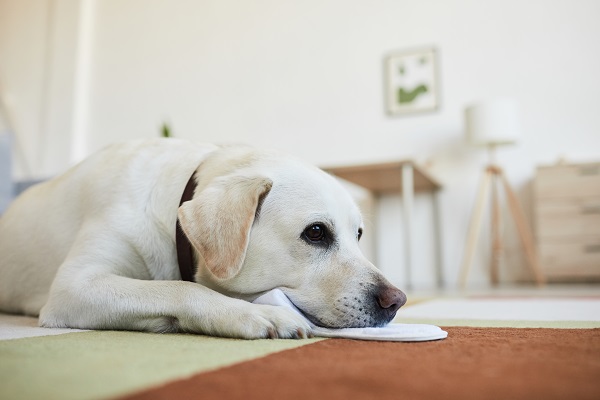
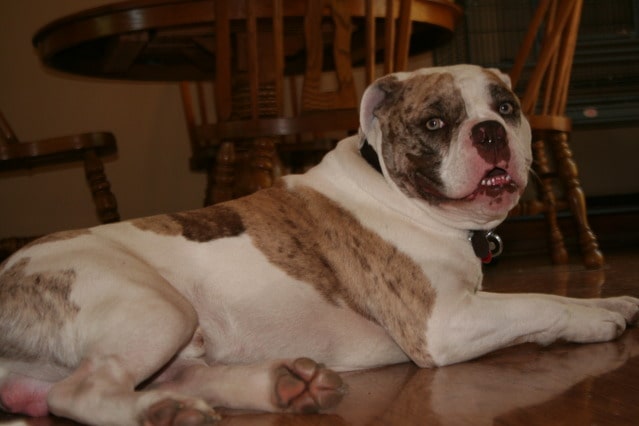
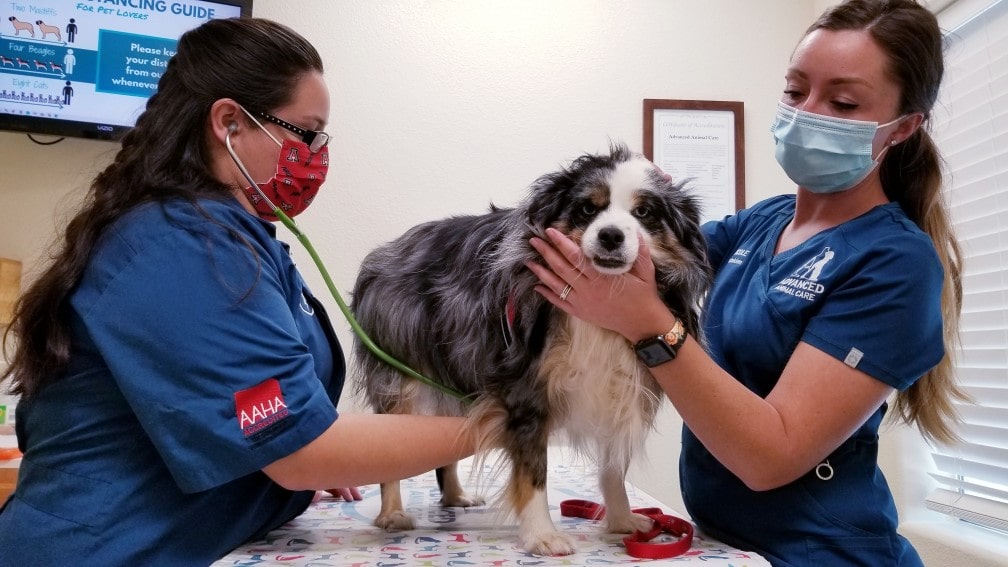
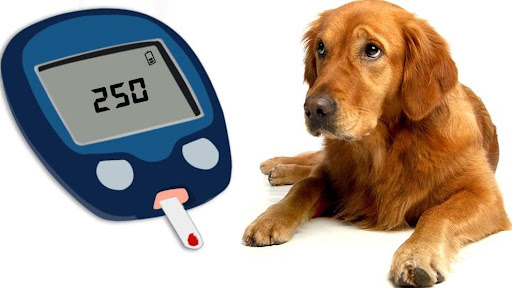

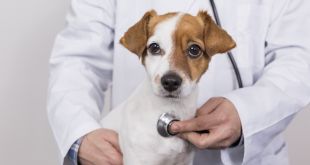












 in Chandigarh, India.
in Chandigarh, India. 
